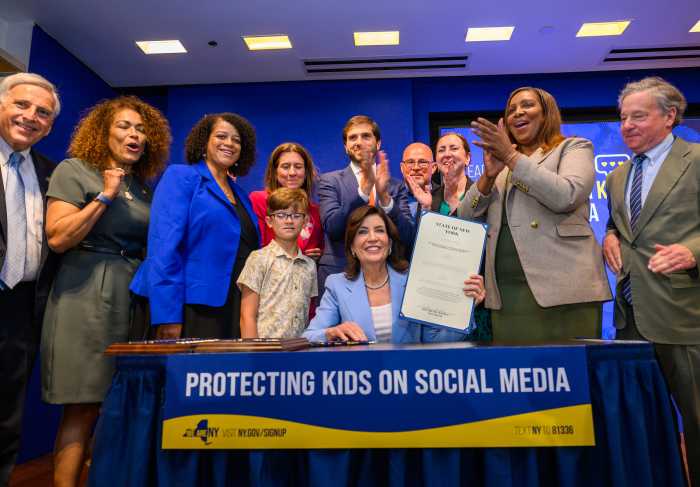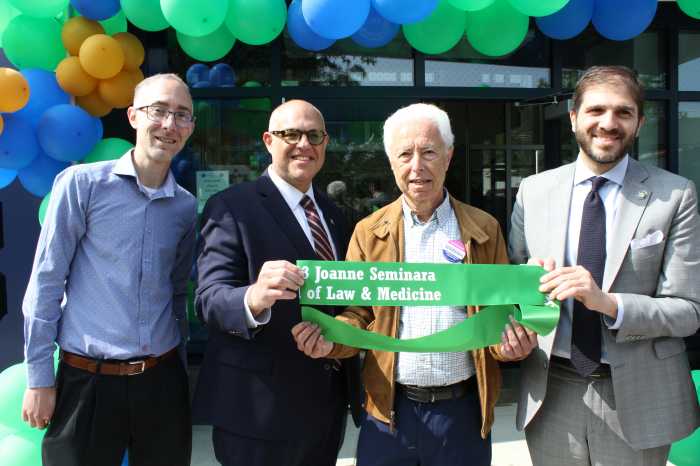There is a sad side to the holiday season, as we come together for turkey and fixings, with leftovers lingering for days mixed with the joyful memories of time spent with family and friends. Recent loss can weigh heavily, felt through an empty seat at the family table or a friend missing from long-practiced holiday rituals.
I know a family facing its first Thanksgiving without a son, a lovely boy I knew for many years. He was smart and funny, a good friend, creative and caring. But he is gone now, life taken by his own hand.
However, he and his family are not alone. Last year, suicide became the second-leading cause of death among those aged 15 to 24 in the United States, according to the Center for Disease Control. More than 4,500 young people kill themselves each year and there are at least 140,000 more who make a serious attempt to end their lives. Adolescents, in part because of their emotional intensity, raging hormones, and lack of experience and perspective, seem particularly vulnerable to the seduction of this path when faced with personal demons, whatever they may be. For those teens who are successful in their first attempt, often those around them are surprised and confused, unaware of whatever internal struggle overwhelmed them.
In the aftermath of this boy’s death, I see grief rippling across the community. Most adults have support systems, have faced death before, and understand the contours of loss. Our children, though, can find themselves lost in the barren landscape of sorrow with no landmarks or sense of direction.
I want to help my daughter through this, but she doesn’t want to talk with me about her feelings. Setting aside my own sense of being useless to her, I see her finding other adults — teachers, school counselors — to check in with and speak to.
Time with friends is important, but a grieving group of teens can be unproductive, like a school of fish swimming frantically in a circle. Parents and teachers, in particular, offer necessary support, and emotional guidance, and can gently provide direction through the grieving process.
Perhaps suicide is hardest on survivors because there is no easy understanding, no easy blame like disease or illness, a random act of violence, a drunk driver, nowhere to point a finger. I see my girl, her friends and mine, asking questions and wondering so many things, the answers gone, taken with the boy who has left us.
I worry about the impact of this on my daughter, her outlook on life, her engagement with those around her. Adolescence seems such a dangerous time, formative in ways I can’t fully appreciate and won’t understand until she finishes her path to adulthood. How will this loss change her friendships now, alter the rest of her time in high school? More answerless questions.
This holiday season, in new ways, I am thankful for my daughters, but I am also thinking of the many families who, this and every year, face an empty seat at their tables.
























